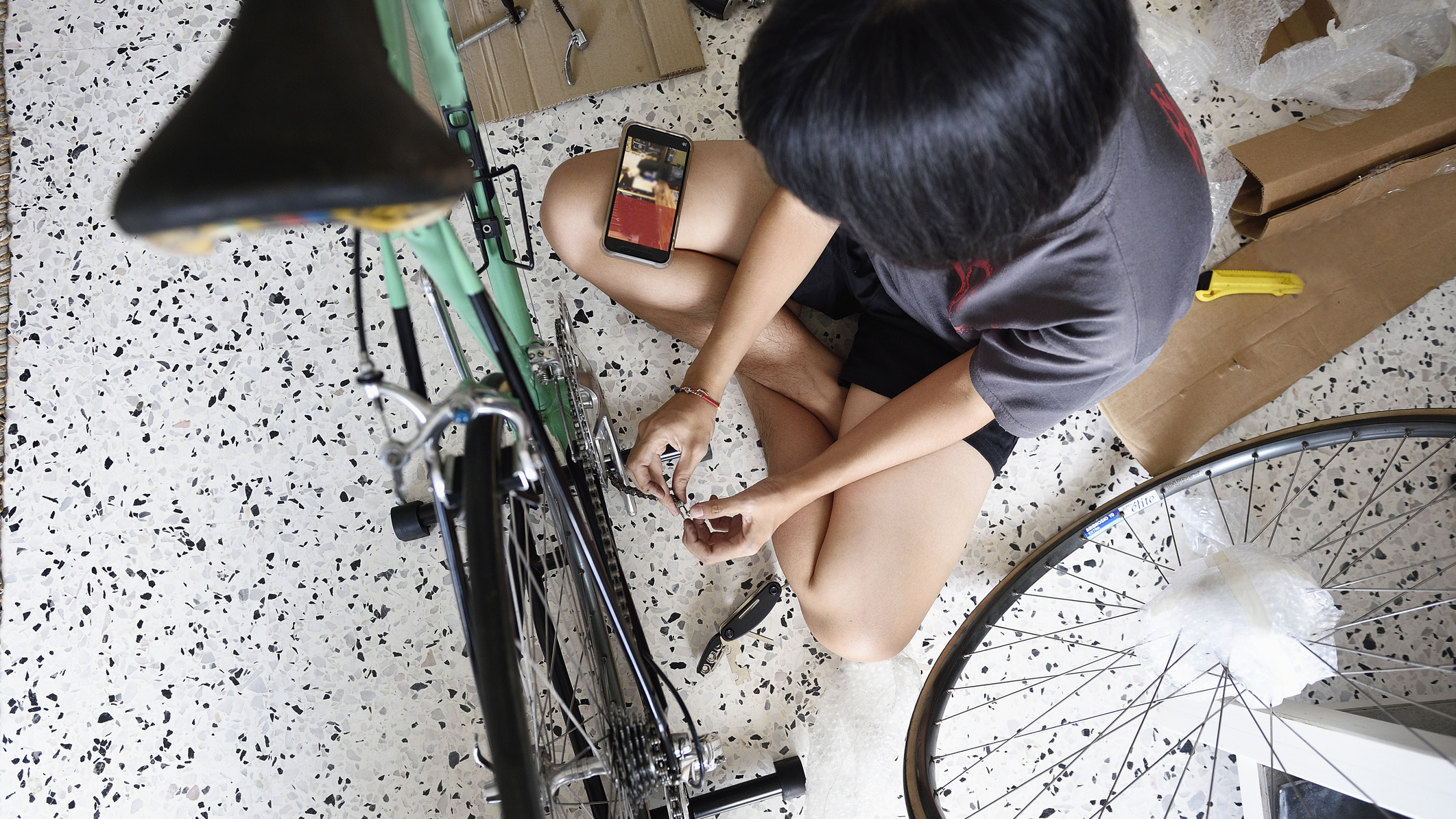

New year's resolutions are great. Starting something new in January can help eliminate staleness from your daily routine and make you look forward to the new challenges ahead. A new hobby is also an excellent excuse to start spamming your friends' IG stories feed every two seconds with new content. That said, I decided not to try anything new and better my skills at stuff I started last year and even before that.
The truth is, there is no need to invigorate your recreational life every single year. It's perfectly fine, albeit less flashy, to keep on mastering the things you started doing last year or the year before. Sure, baking and growing mushrooms – where did that craze come from? – were all the rage in 2020 but baking a couple of loaves of bread won't make you a baker now. The same way how working out only in January every year won't make you toned or get you fit for 2022, will it?
On the other hand, baking pastries for years might make you a proficient culinarian. It takes time to be good at things, and in some cases, it might take years of hard work to get better at a particular skill. But it's an incredible feeling actually to be able to perform complex skills with ease.
The Marshmallow Experiment
It's a fundamentally crucial human trait to be able to imagine events in the future. It can get us through many uncomfortable situations in the present if we know that it's essential to get to a point where all our efforts will pay off, big time.
Without this feeling of delayed gratification, our ancestors wouldn't have been able to follow prey for days and plan elaborate schemes to trap mammoths and other large animals, knowing that the result of their efforts was enough food to feed a large group of people for months and hide large enough to cover tents for insulation.
A study was conducted in the 1960s on delayed gratification, which is now called famously called the Marshmellow Experiment. Researchers asked 4 to 5-year-old kids to sit in the room with no supervision for 15 minutes, their only company being a marshmallow left on a plate in front of them.

The researchers told the kids if they won't eat the marshmallow while they are away, they will be rewarded with another marshmallow. They didn't tell kids they couldn't eat the one; they just incentivised them by offering them two if they could refrain from eating the first one for long enough.
Sign up to the T3 newsletter for smarter living straight to your inbox
Get all the latest news, reviews, deals and buying guides on gorgeous tech, home and active products from the T3 experts
Needless to say, some kids gobbled up the treat as soon as the researchers left the room while others persevered. This wouldn't be too interesting in itself, but as researchers followed the life of the kids for decades, they noticed that children who were able to incentivise themselves by visualising there would be another marshmallow if they waited long enough were having "higher SAT scores, lower levels of substance abuse, lower likelihood of obesity, better responses to stress, better social skills as reported by their parents, and generally better scores in a range of other life measures", as explained in this article.
By delaying gratification, these people could focus on long term goals and achieve better results than others who couldn't persevere. The delayed gratification group might have to stay up late and study to perform better at school or not have the sixth chocolate bar just because it was in the cupboard. By not allowing themselves to overindulge in readily available fulfillments, these people went on to live better lives.
My new New Year's Resolution
Instead of finding yet another new hobby for 2022, revisit your new year's resolutions from a few years past and see how far you've got with them. Can you get better at them still? You probably can, let's face it. Get that yoga mat and dumbbell out from under the bed and start exercising again. Unload the pile of clothes the exercise bike is under and start making an effort.
In 2022, I'll continue to work out and lift more consistently. I'll also try and run at least one marathon, something I haven't done in the last couple of years for various reasons. This might mean I will have to roll out of bed earlier on weekends or do a workout when I might not feel like doing one.
It'll be worth it, though. In the long run.

Matt Kollat is a journalist and content creator who works for T3.com and its magazine counterpart as an Active Editor. His areas of expertise include wearables, drones, fitness equipment, nutrition and outdoor gear. He joined T3 in 2019. His byline appears in several publications, including Techradar and Fit&Well, and more. Matt also collaborated with other content creators (e.g. Garage Gym Reviews) and judged many awards, such as the European Specialist Sports Nutrition Alliance's ESSNawards. When he isn't working out, running or cycling, you'll find him roaming the countryside and trying out new podcasting and content creation equipment.
-
 This is the sound of BMW's upcoming Neue Klasse EVs
This is the sound of BMW's upcoming Neue Klasse EVsHas BMW cracked the problem of making EVs sound fun with its next-gen soundscape for its Neue Klasse cars
By Alistair Charlton Published
-
 Build unshakeable core strength with a kettlebell and these three exercises
Build unshakeable core strength with a kettlebell and these three exercisesAdd this to the end of your workout to fire up your midsection muscles
By Bryony Firth-Bernard Published